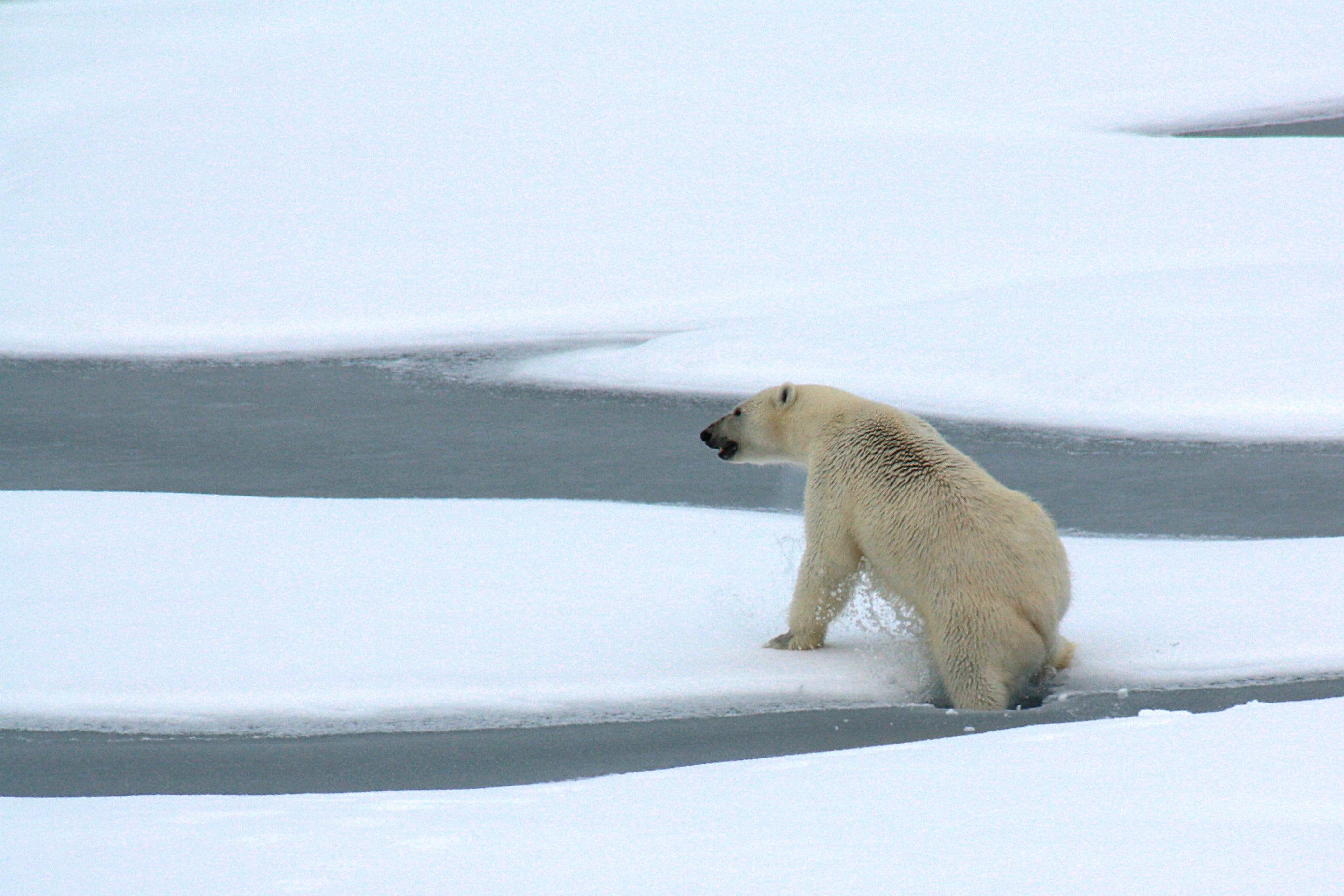2020 has been a bleak year in the climate crisis. So here’s the good news
Senior climate correspondent Louise Boyle asked scientists, activists and environmental lawyers to shine a light on some good news in 2020


2020 was supposed to be the year of climate action with grassroots momentum and ambitious domestic commitments revving up to bold emission-cutting targets at the UN climate talks, COP26, in November.
The Covid pandemic put paid to that, and the year has closed out with a piling up of dire climate news.
2020 is on track to be the hottest year on record; an unprecedented fire season in the western US led to the country’s first ever “gigafire”, and Amazon fires were the worst in a decade. The Atlantic hurricane season was the most active on record. Devastating typhoons swamped the Indian subcontinent and south-east Asia while the Sahel and Greater Horn regions of Africa experienced severe droughts.
But there were flickers of optimism. The European Green Deal, now central to the EU’s Covid recovery strategy, has tackling climate at its core. Large economies, in particular the world’s largest emitter China, along with the UK, France and Japan have made net-zero carbon pledges.
Wind power supplier, NextEra, overtook oil giant ExxonMobil as the largest US energy company. CO2 emissions fell 7 per cent worldwide (although are likely to rebound in 2021). And president-elect Joe Biden was voted into the White House on a platform of climate promises including carbon-free electricity across the US by 2035 and rejoining the Paris Climate Agreement.
The Independent turned to scientists, public policy experts, environmental lawyers and activists to reflect on some precious moments of good news from 2020.
The end of the climate-denial era of President Trump
"The obvious positive is replacing a climate-denying president who opposed climate action with a president who listens to scientific experts and will move the US in the right direction again. Climate action requires global cooperation, which is difficult to achieve without US leadership. Hopefully the transition in leadership will inject some momentum into international climate negotiations.
"One of the most positive climate developments in 2020 was when the IEA declared solar the cheapest electricity in history. A common myth from opponents of climate action is that renewables are too expensive. This argument has always been flawed as it ignores the costs of failing to act on climate change. But over time, the argument has become even more untenable as the price of renewables continued to rapidly fall. The case for transitioning from fossil fuels to renewables can be made for environmental and economic reasons.
“One might be tempted to say the reduction in emissions over 2020 is a positive but I take a different view on that. The percentage of emissions were not that large and if anything, demonstrate that austerity is not the solution to climate change. One lesson from the pandemic is that transformation rather than deprivation is the key to effectively reducing emissions. Maybe that insight could be considered a positive?"
Dr John Cook is a professor at the Center for Climate Change Communication at George Mason University and creator of the Cranky Uncle app which fights science misinformation
Celebrating diversity in science
"One of the highlights of 2020 was the long-overdue attention to Black and other underrepresented groups in environmental science and conservation. Multiple campaigns highlighted and celebrated Black representation in many areas of science, including #BlackInMarineScienceWeek.
“Technology is playing an ever more important role in environmental protection. This year our research group, the Benioff Ocean Initiative, launched an online tool called Whale Safe that for the first time combines data from AI-powered ocean sensors, big data models and direct whale sightings. Detected presence of endangered whales in a busy shipping channel is sent to mariners in near real-time. These technological approaches to whale conservation offer scalable and reproducible solutions for whale-ship collisions worldwide.”
"Recent developments in battery technology also hold promise for the environment. Breakthroughs in solid-state battery technology could deliver batteries that are far more energy dense than the existing lithium-ion versions used in electric vehicles, simultaneously boosting the push towards a zero carbon future whilst also reducing demand for the minerals, such as cobalt, needed to produce the batteries. This is good news for the deep sea, as mining companies were starting to look towards the seafloor as another potential source for these valuable minerals.”
Dr Emma Critchley, Project Scientist at the Benioff Ocean Initiative, UC Santa Barbara
Growing support for putting polluters on trial like war criminals
A growing number of countries are supportive of adding “ecocide” - the widespread, severe or systematic destruction of our planet - to the list of crimes prosecuted at the International Criminal Court [ICC], says Jojo Mehta, chair of the Stop Ecocide Foundation.
“We now have six ICC member states - France, Spain, Belgium, Finland, Vanuatu and the Maldives - interested to explore making ecocide an international crime. More countries are taking it seriously and that’s very encouraging," she said. “In 2020, it’s also been a huge achievement to convene a heavyweight panel of lawyers to draft a legal definition of ecocide.”
Included on the panel is Philippe Sands QC, an international human rights barrister and co-founder of Centre for International Environmental Law and Pablo Fajardo, the award-winning Ecuadorean lawyer who took on Chevron over massive oil pollution in the Amazon rainforest.
“It’s phenomenal progress in terms of people waking up to the need to put really enforceable deterrents in place for what's happening to the planet,” she added.
Legal victories for polar bears and pushback on pipelines and drilling
"We had several victories in pipeline fights - Keystone XL, Mountain Valley and the Atlantic Coast pipeline. But our recent win over HilCorp Alaska's Liberty project - the first oil development within federal waters in the Arctic Ocean - is extremely significant. The project, involving construction of an artificial drilling island, was approved by the Trump administration in 2018 but the court blocked it from going forward.
"The court rejected the Trump administration’s improper use of economic modeling to reach the conclusion that this project would benefit the climate. It's the first time that a federal appeals court weighed in on the issue.
"This modeling has since been adopted by a number of federal agencies in different actions, including the approval of oil and gas activity in the Arctic National Wildlife Refuge, so this case will have implications far beyond the Liberty project, and help us fight others too.
“The other win in the [HilCorp] case was that the Fish and Wildlife Service was found to have violated the Endangered Species Act (ESA) by failing to adequately analyze the risks to polar bears. Not just the lethal impacts but also sub-lethal impacts such as how disruptive noise could harm polar bears when migrating, feeding and denning.
"That's significant because there's not a lot of case law in terms of what constitutes harassment under the ESA. We're using that part of the decision to fight other oil and gas projects in the Arctic but I think it will also be helpful in fighting projects across the board when it comes to endangered species."
Kristen Monsell, oceans legal director at the Center for Biological Diversity
Making farmers frontline heroes in tackling the climate crisis
“2020 showed us the importance of nature in combatting climate change with glimmers of hope for species and the vital decisions that will affect our homes and theirs.
"The UK government’s commitments on protecting 30% of the country for nature by 2030 will position our farmers as frontline heroes in the fight against climate change. Delivering on ambitious emissions reductions in the UK’s Nationally Determined Contribution (NDC) will allow us to reap the benefits not only for the climate but in good jobs, cleaner air and a competitive edge for UK businesses.
"We can go even further – especially in 2021 with COP26 hosted in Glasgow - but this is a huge step in the right direction.Elsewhere in the UK, 2020 saw good progress for carbon capturing methods, with one million seagrass seeds planted on our coastline. As this flowering marine plant captures carbon from the environment up to 35 times faster than tropical rainforests, it is a key weapon in the battle against climate change.
"2020 was also a year of positive developments for some species, such as wild tigers. In five countries, wild tiger populations are steadily increasing. Since 2010, we have seen numbers rise in Bhutan, China, India, Nepal and Russia, although sadly wild tiger populations are not increasing in every tiger range country and remain threatened by poaching and habitat loss.”
Tanya Steele, chief executive at WWF
Protecting deep-sea corals in Gulf of Mexico and Patagonia
"In October, 13 coral areas in the Gulf of Mexico – nearly 500 square miles of coral habitat - were protected by [National Oceanic and Atmospheric Administration] Fisheries. This brings the total protected deep-sea coral from Rhode Island to Texas to more than 61,000 square miles. Protecting these deep-sea corals will help keep them healthy, and ultimately help sustain robust fisheries and ocean ecosystems for years to come.
"In Chile, we were successful in our fight to stop the expansion of dirty and destructive salmon farming into pristine Patagonian fjords of the Los Lagos and Aysen regions. Salmon aquaculture, especially as conducted in Chile, can devastate marine environments and produce a wasteful net protein loss when smaller forage fish like anchoveta are used for salmon fishmeal. Sernapesca, the government’s fisheries body, issued a resolution effectively ending new aquaculture concessions, including for farmed salmon.
Andy Sharpless, CEO of Oceana
Join our commenting forum
Join thought-provoking conversations, follow other Independent readers and see their replies
Comments




Bookmark popover
Removed from bookmarks